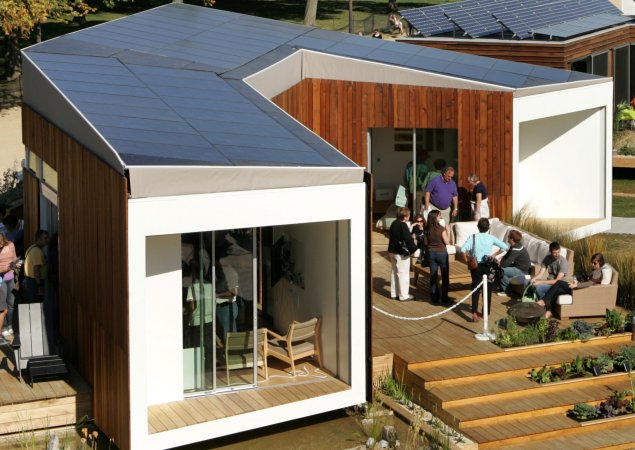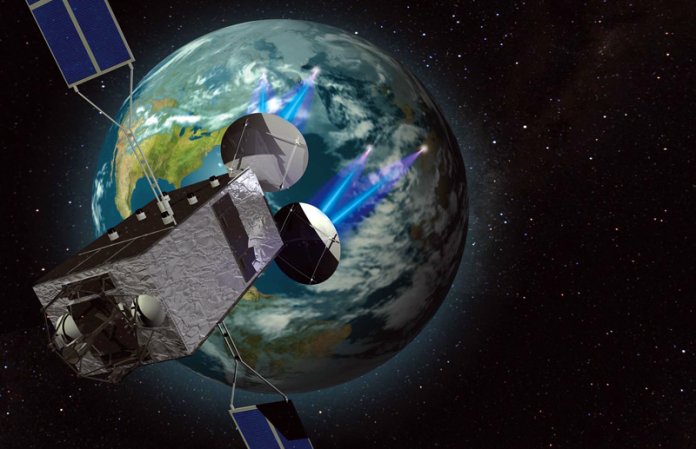

A senior official at the International Energy Agency turned whistleblower just prior to the release of a major IEA report, and claimed that the international organization has downplayed a looming oil shortage to appease the U.S. and prevent panic buying.
The anonymous whistleblower apparently told his story to The Guardian on the eve of the new World Energy Outlook report that went public Tuesday. He alleged that the international watchdog has bowed to U.S. pressure to underplay the decline of existing oil fields and overplay the possibility of tapping new fields.
Outside economists and energy experts have already criticized a figure within the new report that states oil production can grow from 83 million barrels per day to 105 million barrels per day by 2030.
The whistleblower added that the IEA had already dropped its 2030 estimates from 120 million barrels a day to 116 million, and then 105 million. He also said that many IEA members believe maintaining oil supplies at just 90 million or 95 million barrels per day seems impossible.
These claims seem backed by a second IEA source who has already left the watchdog agency, but similarly wished to remain anonymous. He told The Guardian that the IEA had a rule of not angering the U.S., and affirmed that the world has already entered the peak oil zone.
Whatever the case with the actual oil production figures, the IEA report seems sobering enough in its predictions. The IEA predicts that the world needs to invest $26 trillion through 2030 for new energy projects to meet growing demand, and another $10.5 trillion toward mitigating greenhouse gas emissions. To the guys and gals meeting at Copenhagen in December and hoping to tackle the issue of climate change, we say “No pressure.”
But seriously, almost everyone not hiding in a cave recognizes that our cars and homes won’t run on fossil fuel energy sources forever. That’s why we created PopSci’s realist roadmap to 2050 for energy. It’s also why the U.S. Department of Energy’s new mad science lab has begun spraying funding in all directions for breakthrough technologies that could boost energy efficiency and improve renewable sources.























